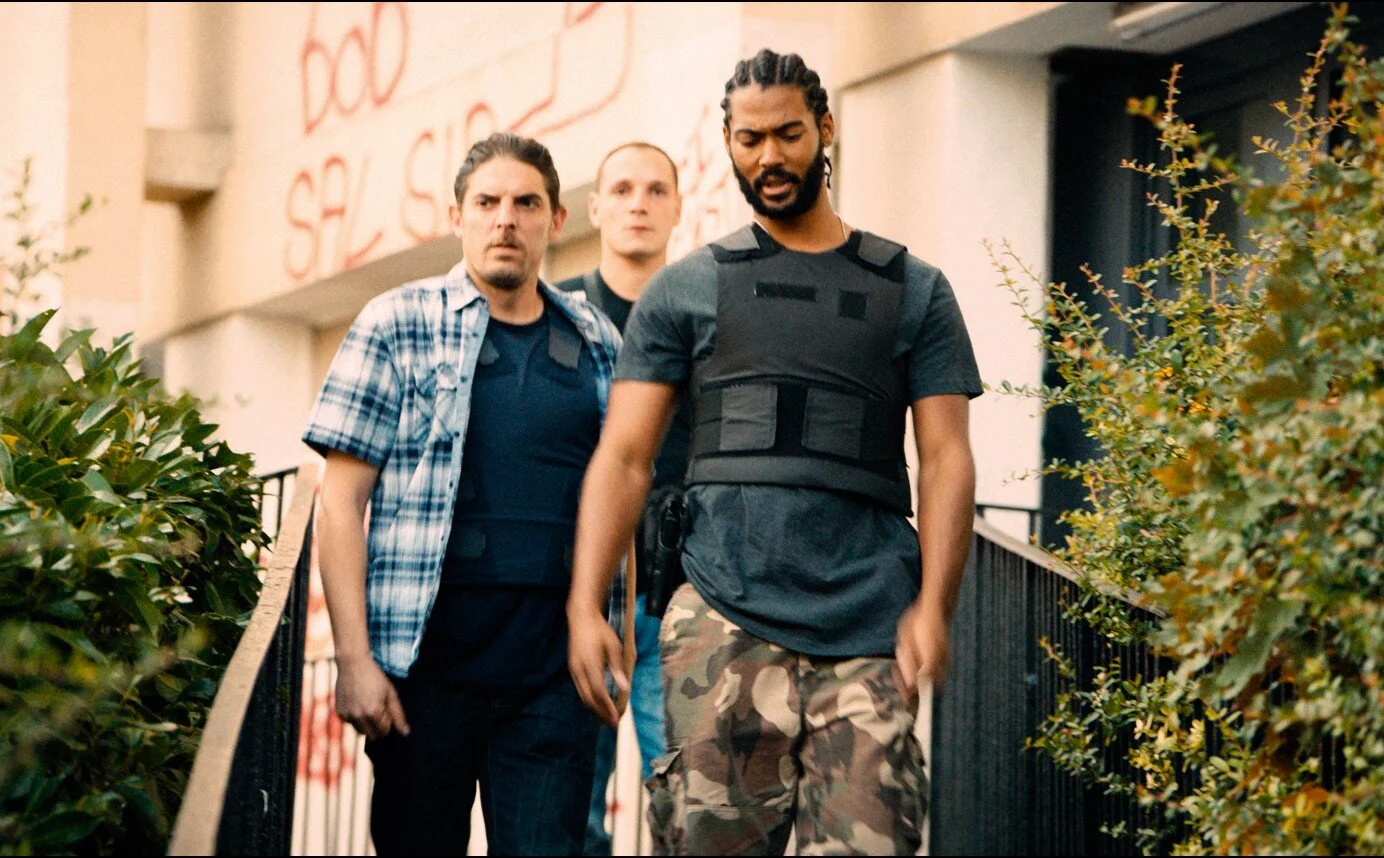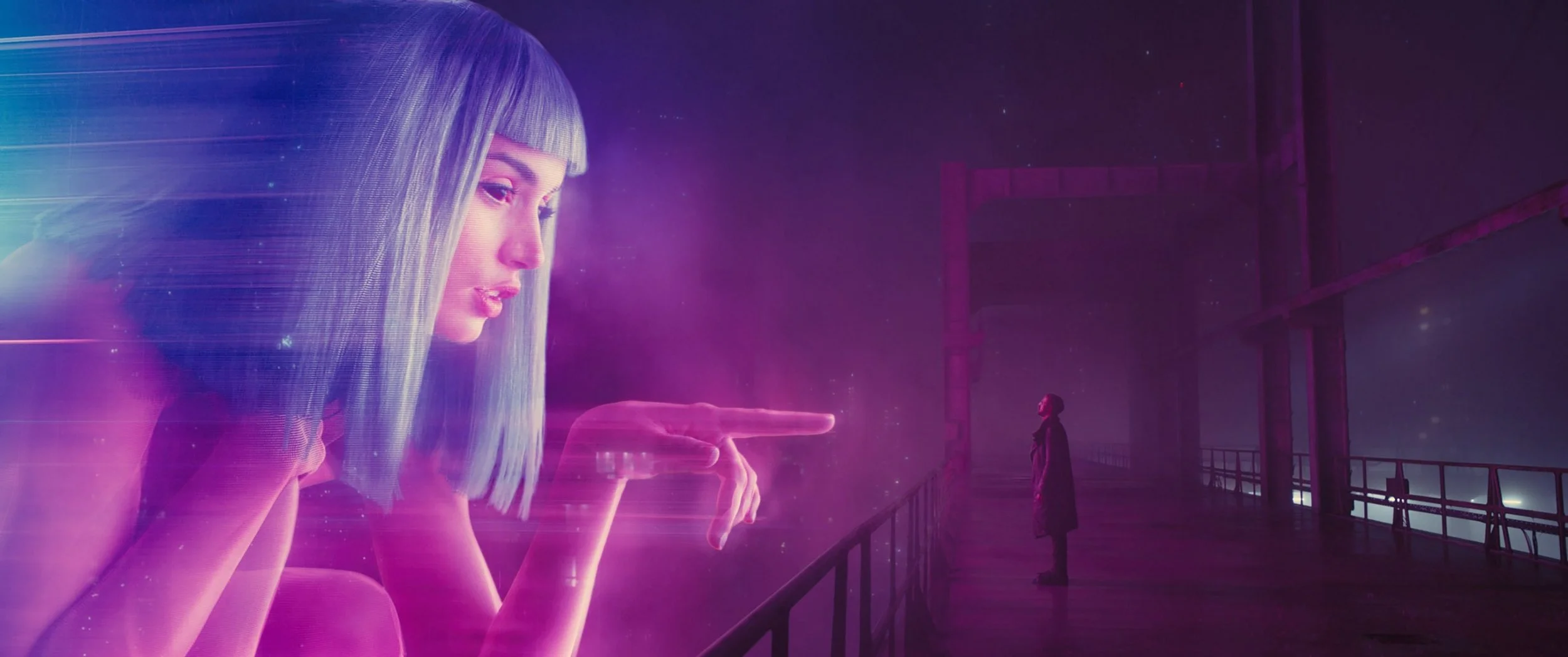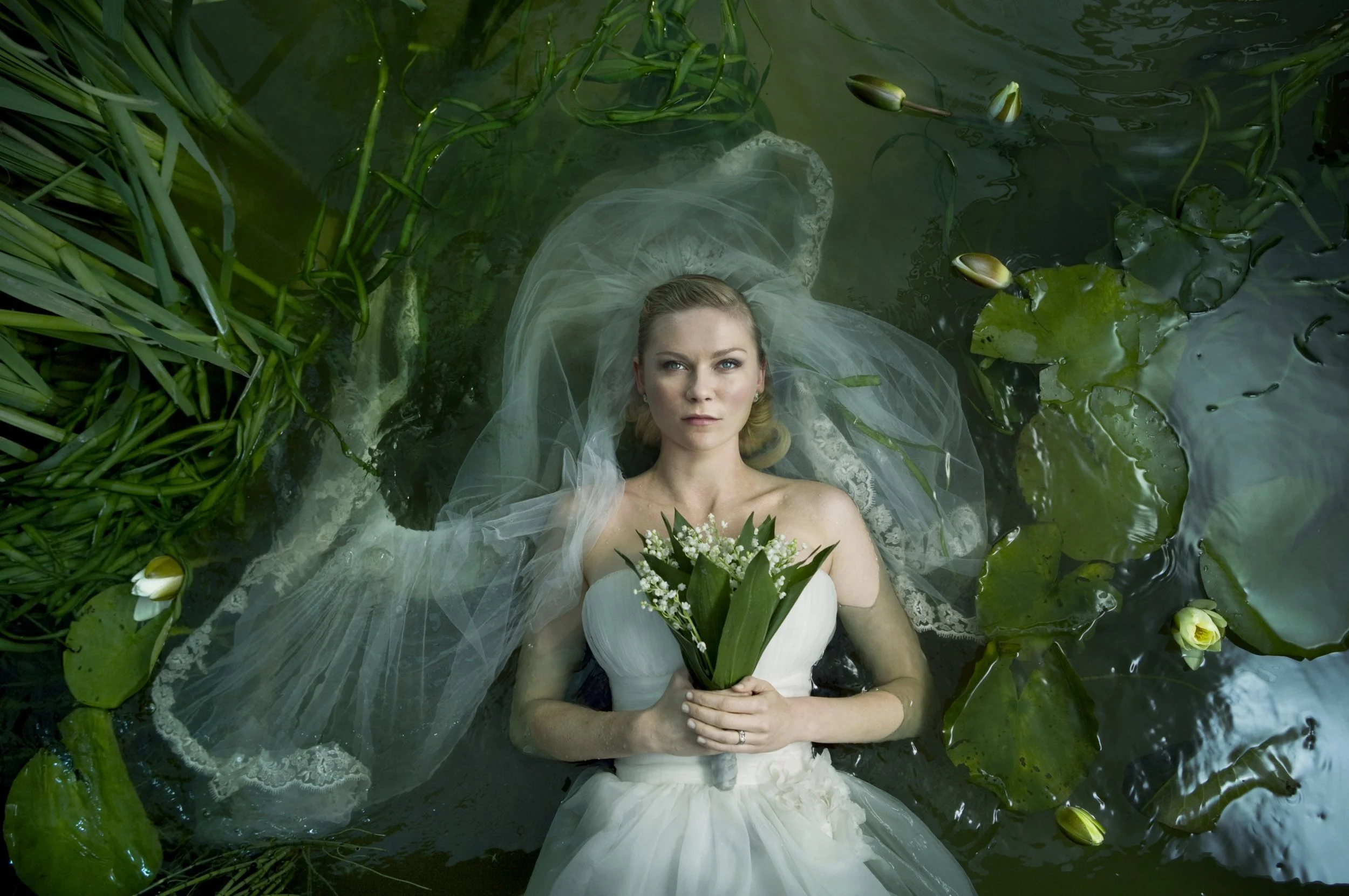Best Films of 2020
In a year of unparalleled weirdness and chaos, at least we had movies. I find that films are the best kind of distraction and while I didn’t get to see many films in the Cinema I did still get to watch a few new releases thanks to services like Mubi, BFI Player and of course Netflix. So here are my top films of 2020.
My Top 5 Films of 2020
Parasite directed by Bong Joon-ho
Yes, I am fully aware that this film came out in 2019 for most people, but here in the UK, we got Parasite in cinemas at the beginning of 2020 before the world went to shit. And it’s literally a masterpiece. Hilariously dark and with a biting social commentary Parasite is Bong at his best. If you haven’t seen this film yet you most definitely should, it broke records and has made people think twice about subtitle prejudice finally! Look out for a full review on here soon.
Portrait of a Lady on Fire directed by Céline Sciamma
Portrait of a Lady on Fire may be the most beautiful and heartfelt love story I have seen in ages, I was sobbing throughout the last 20 or so minutes, and I can’t stop thinking about it. I even wrote a gushing review earlier this year because I loved it so much. Read the full review: Portrait of a Lady on Fire Review
Emma. directed by Autumn de Wilde
Stylish, aesthetic and thoroughly good fun Autumn de Wilde’s Emma. is a delight to behold. I found myself just utterly enamoured by this whole film, and I think a rewatch may be on the horizon as it’s buoyancy and frivolity would be the most welcome distraction from lockdown 3.0.
The Woman Who Ran directed by Hong Sang-soo
Hong Sang-soo's latest film is a smart and witty look at female relationships and troublesome men. The thing I absolutely love about Hong’s films is that they always feel like the lives on display exist in reality, that if the camera weren’t rolling, everything would happen that way regardless. Read the full film review: The Woman Who Ran Review.
DNA directed by Maïwenn
DNA explores the void left by losing a loved one and how grief can bring out the worst in you or bring you back in touch with your roots. Neige clings to her grandfather through the things he left behind and her connection to Algeria through him. Filled with drama and some necessary injection of humour, this is a compelling film that will leave you questioning the fabric of your own familial bonds.
Honourable mentions: Swallow, Little Joe, The Lighthouse.
Films I should have watched but didn’t (for some unknown reason)
Small Axe Anthology directed by Steve McQueen
I love Steve McQueen’s work, but his films are emotionally brutal. Small Axe is an anthology series that focuses on Black lives in moments in modern British history and looks to be some of his most powerful work yet. I will be watching these important films imminently.
The Wild Goose Lake directed by Diao Yinan
I missed this film at the 2019 London East Asian Film Festival to my annoyance, and then the film became available on MUBI, and I missed it again. I really should have watched it when I had the chance.
Les Misérables directed by Ladj Ly
I am learning French, love social realism films, and films loosely inspired by literary works…don’t even get me started! As to why I haven’t watched this film yet, I don’t know the answer. I keep going to put it on, and then I decide to watch something else, I think it’s because there is just too much choice. Also, on some platforms like Mubi or All4, you only have a limited time to watch certain movies, whereas Netflix seems to keep titles in its library for much longer. But as I am trying to get fluent in French by the end of 2020, I will most definitely be watching this one ASAP!
Most disappointing film of 2020
Tenet directed by Christopher Nolan
I was so excited about this film, the trailers looked great, the cast is phenomenal, and normally, Nolan delivers a smart and intelligent blockbuster. But with Tenet I think Nolan tried to be clever for the sake of being clever. If you strip away all the time stuff then it’s a just another spy movie, complete with a bad caricature villain and the usual underdeveloped female character. But what made this film the most infuriating to watch was the sound engineering! I like to hear what characters say, especially in a film when 90% of the dialogue is exposition! For anyone in a non-English speaking country, they undoubtedly benefited from the inclusion of subtitles so perhaps after a re-watch (with subtitles) I might go a little easier on this film. But then again probably not.

























